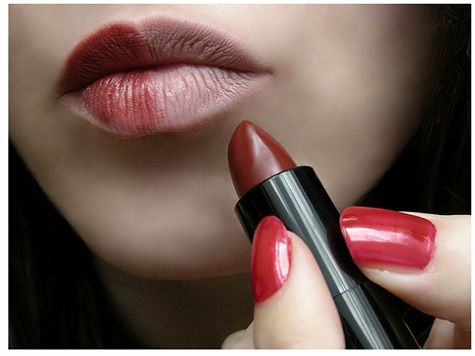Medical expert of the article
New publications
Triclosan in lipstick and cosmetics will give you a heart attack
Last reviewed: 01.07.2025

All iLive content is medically reviewed or fact checked to ensure as much factual accuracy as possible.
We have strict sourcing guidelines and only link to reputable media sites, academic research institutions and, whenever possible, medically peer reviewed studies. Note that the numbers in parentheses ([1], [2], etc.) are clickable links to these studies.
If you feel that any of our content is inaccurate, out-of-date, or otherwise questionable, please select it and press Ctrl + Enter.
A chemical found in hundreds of household products and cosmetics may cause heart problems, according to US researchers from the University of California.

We are talking about an antibacterial agent called triclosan, which is an ingredient in a huge number of hygiene products and household chemicals. Triclosan disrupts the process by which all the muscles in our body, including the heart, receive signals from the brain. Scientists have noticed during experiments on mice that triclosan reduces the functionality of the heart by 25% after just 20 minutes of exposure. The same connection can be observed in the human body.
However, regulators in most countries, as well as many experts, are confident in the safety of the doses of triclosan found in various products. And this is despite the fact that previous scientific studies have shown that triclosan can be linked to thyroid and fertility problems. This time, for the first time, scientists have tested the effect of this substance on muscles.
Triclosan was originally created to combat bacterial infections in hospitals. For a long time, it was believed that this substance was harmless to people, as it was quickly processed by the body, without causing any harmful effects. But American researchers found out that triclosan remains active for a long time, and can also be transported to various organs, causing damage.
"Our findings provide compelling evidence that concerns about the health and environmental risks of triclosan are justified," said study author Professor Isaac Pessach. "In perfectly healthy people, a 10% reduction in cardiac output (the amount of blood pumped by the heart over a period of time) would have no noticeable effect. But if a person already has cardiovascular disease, such a reduction could be a very serious blow."

